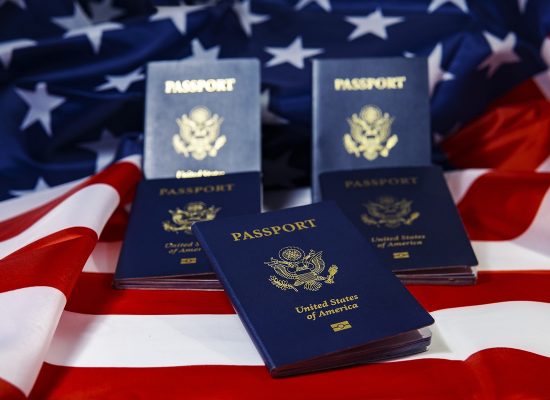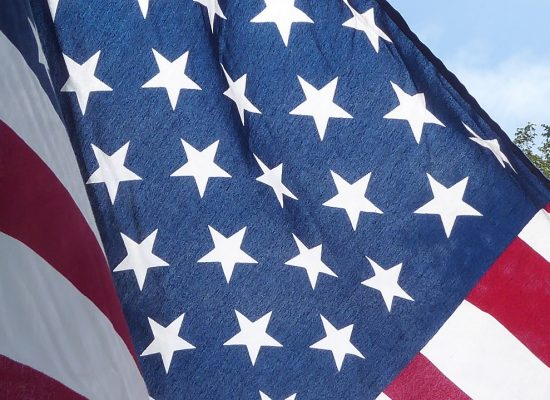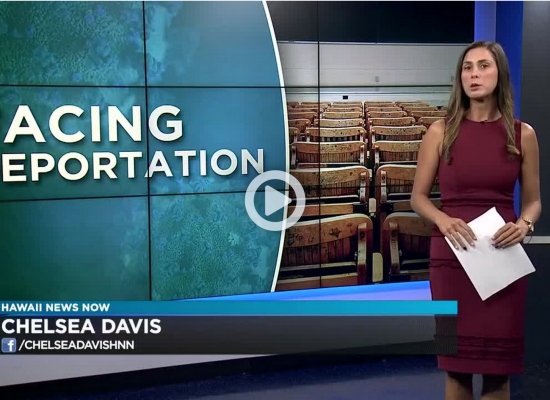Currently residing in beautiful Honolulu, Hawaii, and planning my trip back to my home in Australia I wanted to share a little bit about travel, and my travel tips. Currently summertime in the U.S. and school holidays in Australia, there is a lot of pent-up want and need to travel. We’ve been receiving a lot of questions about passports and visas, people wanting to ensure smooth traveling after not being able to do so for the previous few years.
Covid Vaccinations
The biggest question we get is about Covid vaccination requirements for the U.S., and as of May this year those restrictions have been lifted. This means there is no need to show any status of vaccination or test prior to travel to both the U.S. and Australia. I always urge travelers to double-check Smart Traveler (if in Australia) or other sites if they’re in the U.S. for countries requirements during your planning as there are still a few with Covid requirements in place.
Passports
The second thing I want to emphasize is to check your passports. During Covid, a lot of us couldn’t travel, and checking our passports was the last thing on our minds. Although 10 years seems like a long time, surprisingly a lot of people get caught out with expiring or expired passports close to their travel dates. This is important to check early into your planning, ideally months in advance of your travel, as getting passports renewed can be a lengthy process. Ensuring your passport is valid, with no room for uncertainty before your trip will ensure smooth sailing.
This includes checking your children’s passports, because, unlike an adult passport they expire after five years. Write their expiry dates down, set reminders, whatever you need to do not to be running to the passport office a week before your trip trying to get it expressed.
Hardcopies
I always urge everyone to have hard copies of all passports, and all visas with you when traveling. Not in your suitcase, on your person. This eliminates any stress of lost baggage, stolen passports, etc. putting a halt to your travels. This also eases any stress coming and going with visas, as you typically need your visa to reenter, and if you can’t access digital information, you’ll be in a sticky situation. If lost, you have to get a visa replaced. If you’re overseas trying to get an appointment at a consulate or embassy, which can be booked out months in advance. Unfortunately, you are not able to mail in an application to replace a visa, which is why I stress having duplicates, just in case.
Important Numbers
Something I learned recently while my mother-in-law was visiting, write down important numbers. While discussing important travel tips before her visit, my husband suggested writing down his phone number, my phone number, and any other important phone numbers which she kept with her important documents. Which ended up proving to be very, very smart. Arriving at the airport, she realized she’d left her phone in the car, and for the hours-long flight from Minnesota to Hawaii we didn’t hear a thing. On her arrival, she was able to borrow someone’s phone and call us to update us on the situation, ultimately avoiding a lot of confusion and chaos. It became the perfect example of information we rely on our digital devices to have, and really highlights the importance of traveling hard copy information.
I-94 Entry
This next tip is one of the most important when you’re traveling to the U.S., and this concerns your I-94. Every time you enter the U.S. you have what’s called at I-94 entry record, which is a critical document you have to check every time you enter the U.S. as it changes often. Each time you enter you are issued a new one, which you can check online or ask us to send you a link to. This will include which type of validity they have provided you with on that entry, whether it’s an ESTA, E-3, or any other visa, you’re going to have a validity of your stay contained within that document.
If you haven’t checked it in a while, go check it now. In this situation, your visa is not the critical component here of your valid stay, your I-94 is what is important. If you have time left on your E-3 for example, you’re able to enter the U.S. on that, but your I-94 may be granted for two years longer than that visa’s validity. Checking this regularly limits any mistakes, and gives us the opportunity to fix them as soon as possible.
Partner Visa
Now for our foreigners in Australia, we’re going to discuss partner visas. Regardless of what stage that visa is at, you always need to check when your five-year validity is going to expire. If you’re coming close to traveling around that five-year mark and it’s going to expire, you’re going to have to get a returning resident visa prior to returning back to Australia. With Covid prohibiting travel over the past few years, this is another one of those boxes to check off your list when updating your travel information.
Flight changes
The next piece of travel advice I want to add has nothing to do with passports, nothing to do with visas, and everything to do with patience. Now that I’ve been back in the U.S. and doing some traveling, seeing friends, family, and clients traveling, I cannot stress enough to be prepared. Flight changes, itinerary changes, and flight delays are all quite common in the U.S. and Australia at the moment. Having a backup plan prepared to minimize the disruption this can cause is my best advice. Whether it’s being prepared to have a few extra days added to your trip, or some cash aside for emergency accommodation. There is the possibility your travel insurance won’t cover these types of delays, and with tough cancellation fees and unclear terms of compensation, being prepared will save the day in these situations. Keep that in mind, have a little patience, and understand unfortunately those things can happen.
Security Wait Times
Another less technical tip I wanted to give I’ve learned from all my traveling clients, and that is right now be prepared to have really long security lines in the U.S. The TSA lines, immigration lines, and even overseas in other countries, across the board, those lines seem to be piling up. Be prepared either on arrival at immigration or even when you’re checking into domestic flights, these will be longer than pre-Covid. This means if you’re traveling with children, elderly people, etc. have snacks, entertainment, something ready to keep you busy during that wait time.
LAX
The last tip I want to add is specific to LAX. I know from experience traveling to LAX from Australia it is an easy place to enter the U.S., but frankly, I can tell you LAX is a mess. It’s spread out, and usually very busy. Be prepared to spend a lot of time in this airport walking, in between changing flights, moving between terminals, and picking up bags, it’s all quite a long distance between each. Again, if you’re traveling with elderly people or young kids, this is a tip to take seriously. Walking 30 to 40 minutes with heavy luggage and no transportation can be taxing, so be prepared to have plenty of time and measures in place to help make this as smooth as possible.
If you have any questions regarding passports, visas, or travel tips feel free to send us an email, give us a phone call, or contact us through our webpage. We’re always happy to help wherever we can. From the entire team here at Worldwide Migration Team, we wish you safe travels wherever you may be headed. Aloha.





